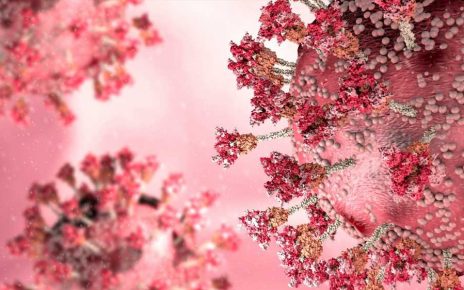
- A lump or enlargement in either testicle
- A feeling of heaviness in the scrotum
- A dull ache in the abdomen or groin
- A sudden collection of fluid in the scrotum
- Pain or discomfort in a testicle or the scrotum
- Enlargement or tenderness of the breasts
- Back pain
Risk factors
- Having an undescended testicle, or cryptorchidism. The testes form in the belly during fetal development. They typically descend into the scrotum before birth. If you have a testicle that never descended, your risk of testicular cancer is higher. The risk is increased even if you’ve had surgery to move the testicle to the scrotum.
- Having a family history of testicular cancer. If testicular cancer runs in your family, you can have an increased risk.
- Being a young adult. Testicular cancer can happen at any age, but it’s most common in teens and young adults between 15 and 45.
- Being white. Testicular cancer is most common in white people.
Treatment
Source: Read Full Article



